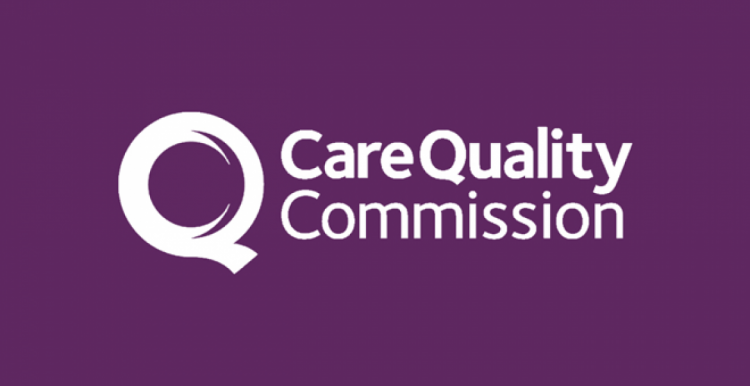CQC's State of Care report - our response

In its annual State of Care report, CQC highlighted that a combination of cost-of-living crisis and workforce pressures risks ‘unfair care’ – longer waits, reduced access and poorer outcomes for many people.
This situation is likely to exacerbate existing heath inequalities and increase the risk of a two-tier system of health care, with people who cannot afford to pay waiting longer for care.
Amid ongoing pressures in the NHS and the cost of living crisis, CQC's report uncovered a notable decline in quality of care in maternity, mental health and ambulance services.
Highlights
Maternity services
- Ten per cent of maternity services are rated inadequate overall, while 39% are rated as requires improvement.
- Fifteen per cent of services rated as inadequate for their safety and 12% rated as inadequate for being well-led.
- While it has been encouraging that all units inspected so far have adjusted consultant cover to meet recommendations made in the Ockenden report, the cover model is often fragile, with rotas reliant on every consultant being available.
- Delays to care and lack of one-to-one care take place during labour, as well as poor communication with women and difficult working relationships between staff groups.
- Women and babies from ethnic minority groups continue to experience higher risks around birth.
Mental health services
- Access to and quality of mental health care also remain a key area of concern.
- Gaps in community care continue to put pressure on mental health inpatient services, with many inpatient services struggling to provide a bed, which in turn leads to people being cared for in inappropriate environments – often in A&E.
- Safety continues to be an area of concern, with 40% of providers rated as requires improvement or inadequate for safety.
- Recruitment and retention of staff remains one of the biggest challenges for the mental health sector, with the use of bank and agency staff remaining high and almost 1 in 5 mental health nursing posts vacant.
Healthwatch response
Commenting on the State of Care report, Louise Ansari, Healthwatch England's CEO said:
“The report echoes many of the issues people have raised with us over recent years, such as being stuck on a hospital waiting list and waiting long hours at A&E departments.
"We know that delays in care have significant impacts on people’s lives and mental health, putting many in danger. And some of the most vulnerable people in our society, such as those on lower incomes, ethnic minority communities and neurodivergent people are more likely to report negative impacts of lack of timely care on their lives.
"While addressing health inequalities continues to be a significant challenge for healthcare leaders, we know public confidence in the NHS is falling, with a third of people in our research saying there were not confident that they could get timely care from essential services.
"It’s clear people need to see action from the government and NHS England to tackle the ongoing pressures across health and care services now, and help rebuild people’s confidence that the NHS is there for them. We support the CQC’s call to strengthen focus on how integrated care systems support local services and ensure that everyone has a fair experience of care, regardless of their income, background, or where they live.”
On maternity services
“It is deeply concerning that the CQC has rated one in 10 maternity services as inadequate and a further 39% in need of improvement.
"Our own research, referenced by the CQC’s State of Care report, shows that many women feel they lack agency or information from staff about their care during pregnancy and birth. That’s why we’d like to see protected funding for training of maternity staff to ensure women receive better communication and personalised care – as recommended by the Ockendon review.”
On mental health services
“The decline in mental health services noted by the CQC echoes our own concerning evidence. This includes children in need of help who drop out of education while waiting the best part of a year to reach the top of CAMHS waiting lists. While demand for mental health services is growing fast, many people even find it harder to get a GP referral to specialist care, with some waiting months on ‘hidden waiting lists’ while others are not able to secure a referral at all.
“Ministers have long promised that mental healthcare will have ‘parity of esteem’ with physical healthcare services but they now need to urgently define what equitable access to services will look like and by when this will be achieved.”